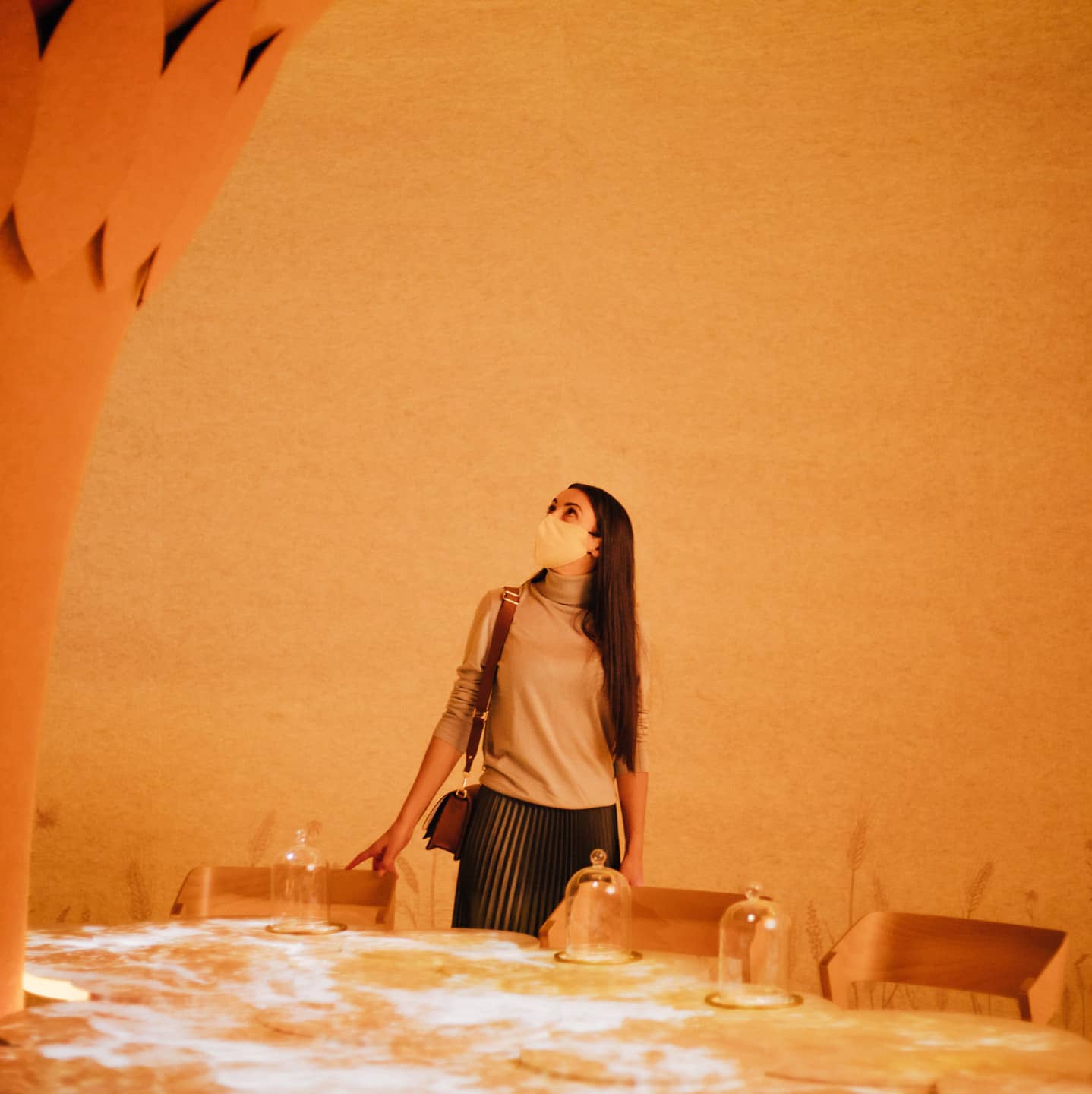- News
- Deep Research: The Benefits of a Scholarly Approach
Deep Research: The Benefits of a Scholarly Approach
My title is “Creative Strategist” but I was trained as a historian. While my research went in many directions, it focused broadly on the way in which spaces—from game boards and video games to the built environments of World’s Fairs and urban planning—told stories and made arguments. These places are rooted in their history: the geography, history, technological innovations, and social and intellectual climate are all expressed, both consciously and not, in their forms. Their context shapes them and is shaped by them. They are both puzzles to be solved and solutions to specific problems, rooted in their particular place in time and space.
The work we do as narrative placemakers reverses this approach: we start with the story, the argument, the feeling we want to evoke in the audience, and then design from that premise. Everything we do has to drive toward the theme we’ve identified and the goals we have for the audience. Every detail is meticulously crafted to guide the guest toward an intuitive sense of a unified whole.
In crafting these experiences, research is crucial to strong spatial storytelling. From cultural centers to brand homes, the core questions that drive the development of an authentic, rich experience are the same:
- Why did it happen here?
- Who was involved, and why?
- Why did it happen at this time?

Hand in hand with these questions are questions related to the audience:
- What do we know about how people move through a space and how can we use that to design an effective experience?
- What are the neurological, chemical, and psychological processes that contribute to an emotionally impactful space or experience?
- How can we apply what we know about cognitive and behavioral science to create something memorable?
To develop a specific experience, two types of research are useful in this work: strategic research and deep research. Strategic research is the research that we do for a specific project: it is the deep dive into the lives and context of the subject, looking for both the overarching themes that could drive a meaningful narrative and the unique details that provide compelling emotional hooks. It also includes research into the relevant markets and target audiences: understanding whom you are hoping to attract and what that implies for the design are crucial to the success of a project. Designing a space for small children, for instance, carries a set of rules, regulations, and expectations that are rooted in an understanding of childhood development. These, of course, are different for middle-aged adults!
Deep research undergirds this strategic approach. It is the development of a library of solutions and approaches that come from a combination of strategic research for projects over time. It also comes from general interest: being curious, asking questions, and making connections between what you are currently researching and what you’ve learned in the past can help you develop new solutions and connect to the audience in other ways. Exposing yourself to a broad range of subjects and topics through reading, listening, watching, and traveling — and being curious, open, and questioning — provides you with a rich base of references to inform design and narrative decisions.

You don’t need to be a trained scholar to do deep research. The most helpful advice in taking this approach comes from the science fiction author, Theodore Sturgeon. His motto was: “ask the next question.” In an article from an issue of Cavalier in 1967, Sturgeon elaborates, “every advance this species has made is the result of someone, somewhere, looking at his world, his neighborhood, his neighbor, his cave, or himself, and asking the next question. Every deadly error this species has committed, every sin against itself and its high destiny, is the result of not asking the next question, or of not listening to those who do ask it.” From research to design, asking the next question will get you down to the root of everything and help you build something truly meaningful.
